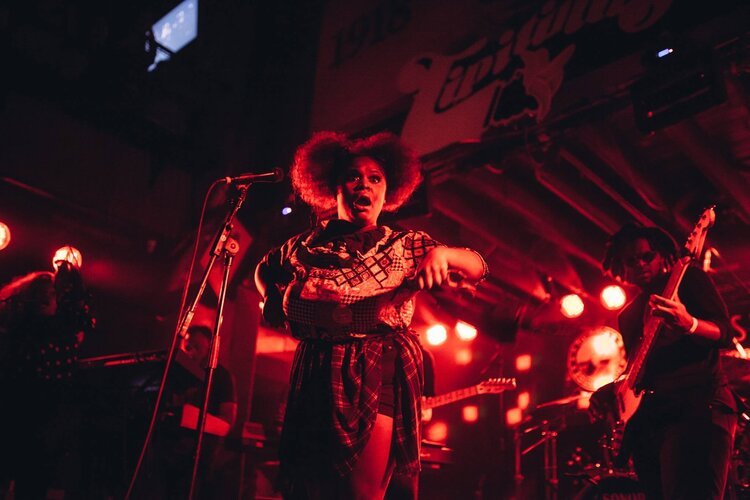The War on War

Musicians have an important role to play in the conversation about the place for live mus
Clarinetist Evan Christopher picks up the "War on Live Music" conversation.
[The definition of frustration: trying to run a website after a hurricane. In New Orleans, Hurricane Isaac was largely a wind event, which means power went down and as of this writing is largely staying down. Parts of the city have electricity - French Quarter, parts of Magazine Street - but much of it doesn't including my house. Sorry about the extended downtime here at My Spilt Milk, but between prepping for the hurricane, enduring it and dealing with the aftermath (Thankfully, merely irritating for me. Others got much worse.), I'm only now able to get back to business.]
Clarinet player Evan Christopher joined the "War on Live Music" conversation with a column at NOLAVie that, I confess, I took more literally than he intended. Eventually, he landed on what is the focus of much of his writing - that musicians need to get active and take themselves more seriously:
To those of you who perceive that playing The Saints Go Marching In is essential to your job security, no offense intended, but ... "for the love of Louis!" Cultural economy isn’t only about entertaining tourists in the French Quarter.
There are places where Christopher and I differ, but I think he's expressing the concern we should focus on when he writes in his most recent column, "It’s clear that the “Master Plan” for our city’s future equates cultural economy with tourism and views culture-centric businesses, such as music venues, as entities to be aggressively regulated."
I don't believe that music and culture-related businesses are being regulated more rigorously than any other businesses, though it may seem like it because we notice when something happens to them. But we need to make sure that city policy doesn't reflect the notion that culture is only valuable as a commodity salable to tourists. Zoning is a part of this conversation because at the moment, one of the few places in New Orleans zoned for live entertainment is Bourbon Street even though it hasn't been a mecca for vital live music in the 25 years I've lived here.
Christopher writes:
Others of you recognized the problem of overestimating the depth of our current efforts. I agree. Without raising our level of artistry, connecting to our youth, and producing music that creates true meaning for our citizenry, not just nostalgic tourist-fodder, how can we expect to be an integral element of the city’s “plan for the 21st century” beyond filling hotel beds and “go-cups”?
Again, I think he's wrong and right. I don't accept the premise that the next generation lacks artistic ambition or the chops. They're not making the New Orleans jazz of anyone who's gone before them; they're making the music that reflects their moment, which is what they should be doing. If there's one thing good art does, it's show artists responding to their moment. There are brass bands and jazz artists thinking a provocative game out there that simply need an audience. Some are making tourist-friendly art, but a lot aren't.
But Christopher's focus on the need for artists to look at themselves is smart. Who out there is treating their art like a Decatur Street T-shirt? Who is half-assing their music on the assumption that tourists don't know better? Who's making life harder for everybody by playing for low-ball prices, driving down gig pay for everybody? Who's actually getting involved in trying to protect the status of live music in New Orleans? (Complaining on Facebook doesn't count.) If music fans get upset about the limiting of opportunities to hear live music, that's one thing. Musicians face a loss of income when opportunities are reduced, so if they get engaged and active, they have a chance to make a difference. That means doing unsexy things like reading things like the Master Plan and engaging politicians, which affects change more than online petitions do.
A belief I took away from OffBeat may prove useful as we all think about what happens next. We regularly got email and notes from readers who loved how the magazine made them feel closer to the city. I'm sure they were happier when the issue involved musicians that they liked, but what they really wanted was to feel connected with New Orleans' vitality. Tourists like things that they know including "When the Saints Go Marching In," but they love that moment when they feel connected to something real.






